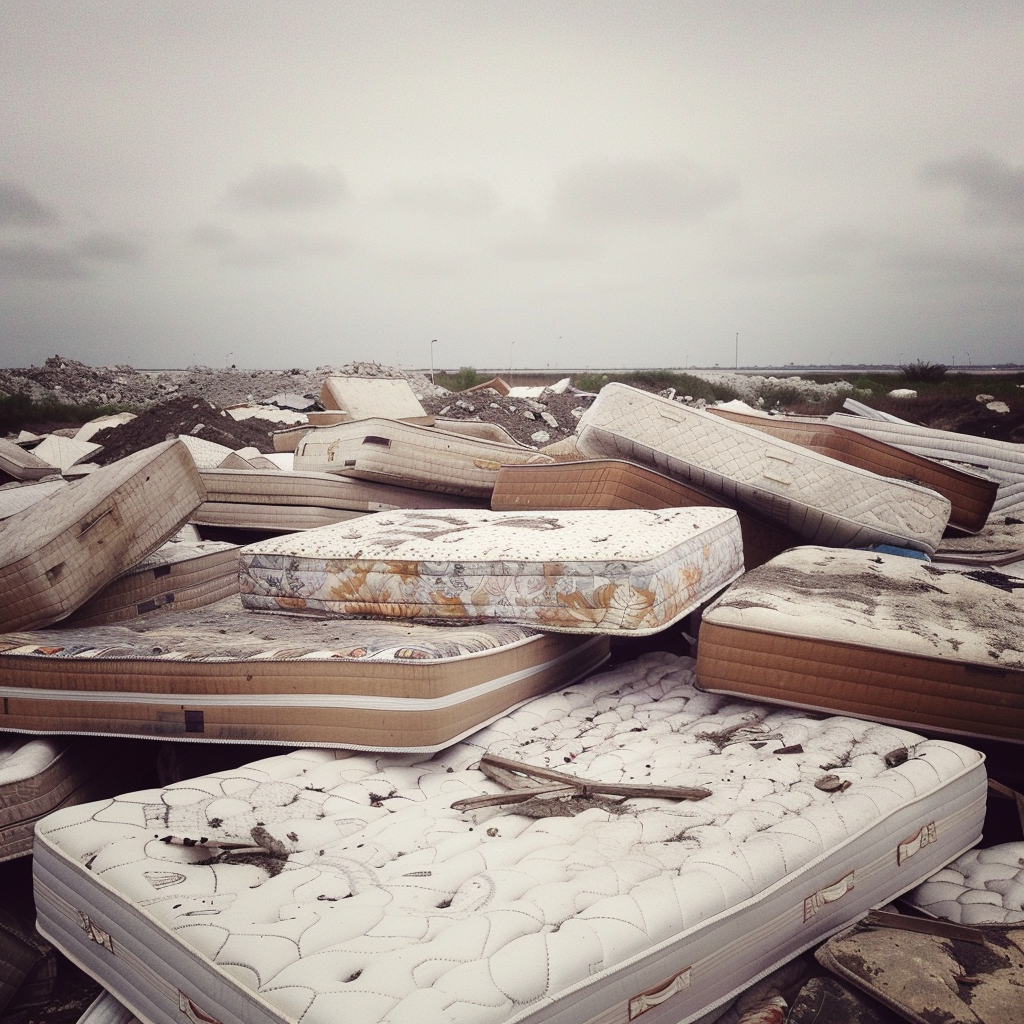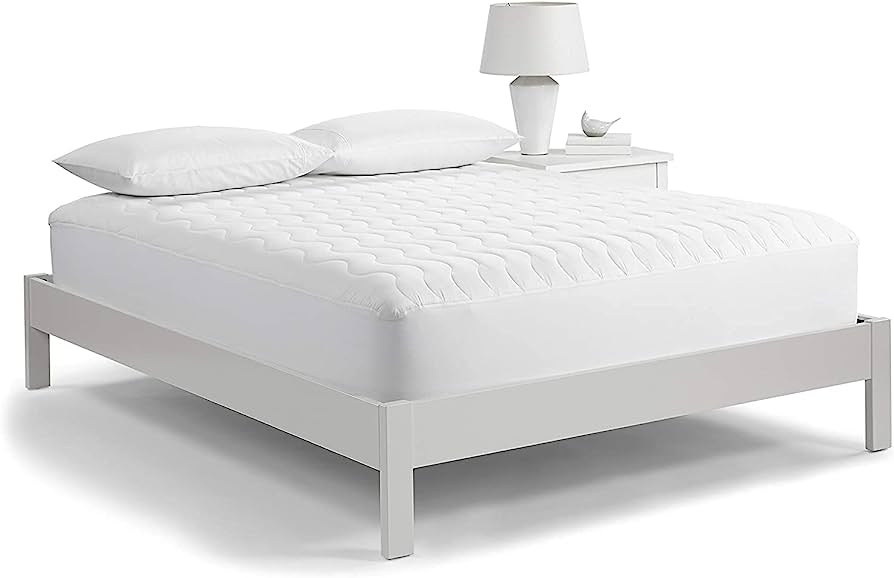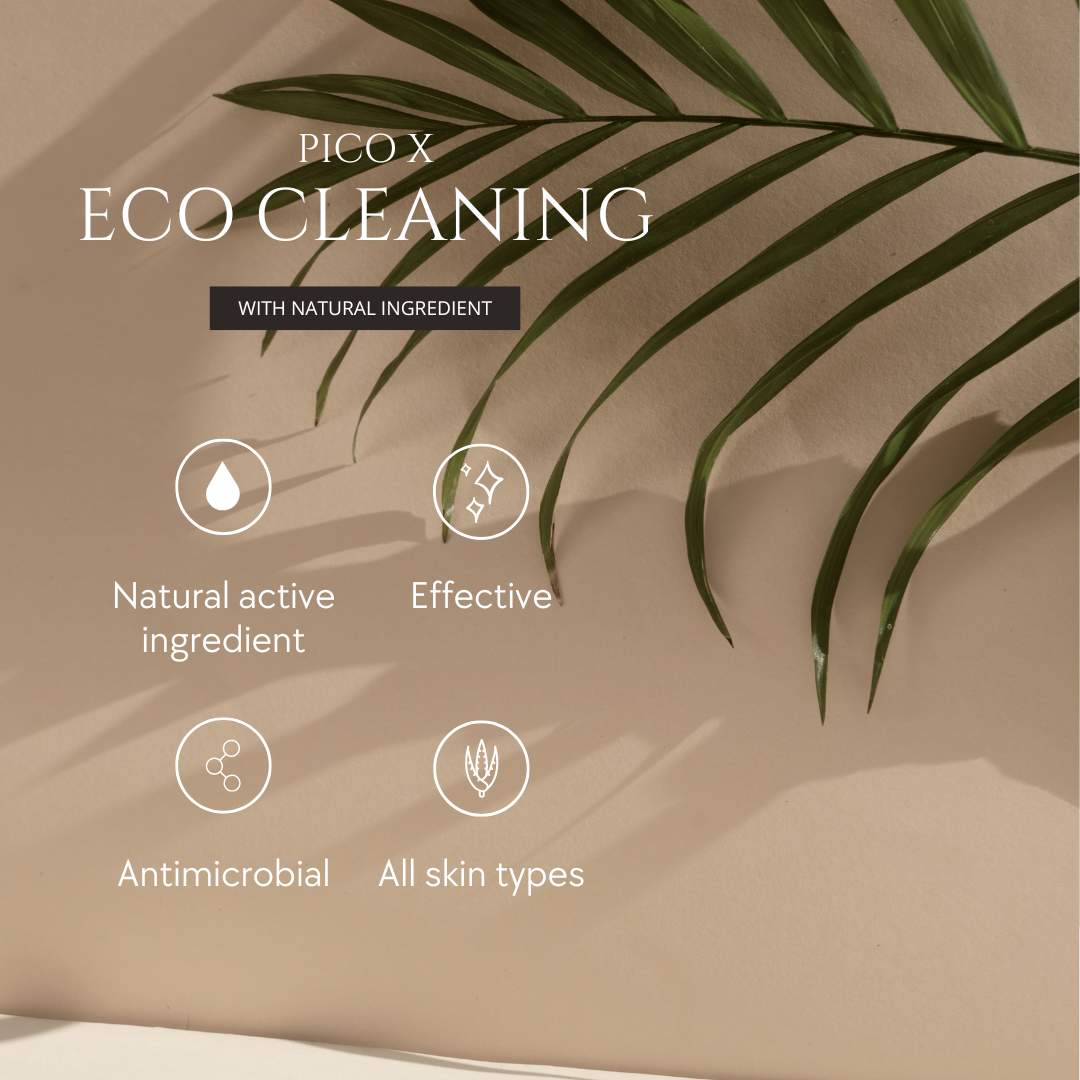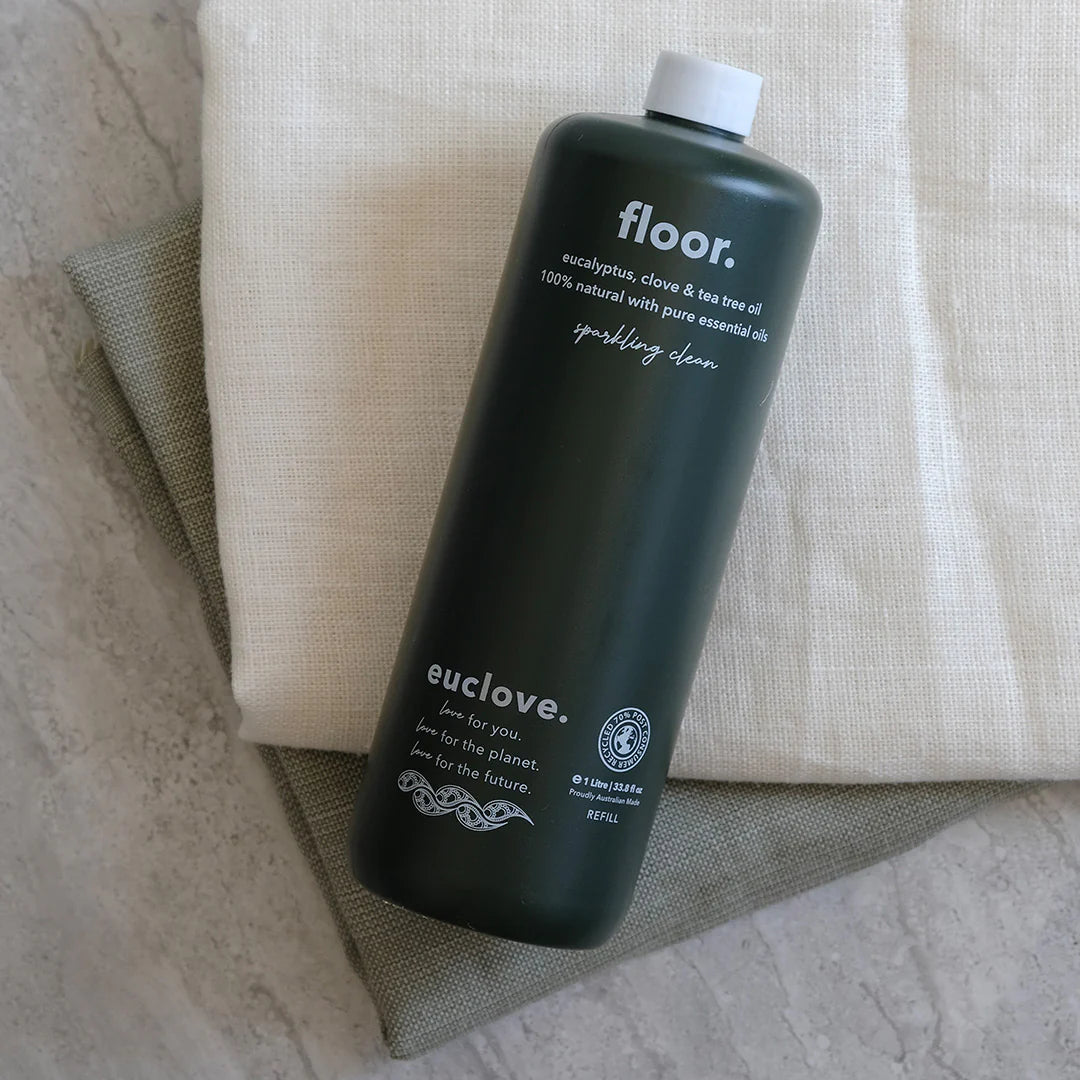-

Adoption of Antimicrobial Coating In The Hospitality Industry
-

Antimicrobial Coated Mattress For A Safe Night's Sleep
-

A safe way to improving indoor air quality and prevent mould at home.
-

Antimicrobial Coatings on Mattresses
-

Antimicrobial Coatings: A Revolution in Home and Commercial Space Hygiene
Why Hospitals and medical facilities are using antimicrobial coating to prevent HAIs?
- 4 min reading time
Antimicrobial coatings are becoming increasingly popular in hospitals around the world as a way to prevent healthcare-associated infections (HAIs). These coatings work by killing or inhibiting the growth of bacteria, viruses, and other microorganisms that can cause infections.

Studies have shown that surfaces in hospitals can be a major source of infection, as bacteria and other microorganisms can survive on surfaces for long periods of time. Antimicrobial coatings can help to reduce the spread of infection by preventing the growth of microorganisms on surfaces such as door handles, bed rails, and medical equipment.
One example of a hospital that has implemented antimicrobial coatings is the University of California, Los Angeles (UCLA) Medical Center. In 2014, the hospital installed a copper-infused coating on high-touch surfaces throughout the hospital, including bed rails, tray tables, and doorknobs. The copper-infused coating has been shown to be effective in killing bacteria, viruses, and other microorganisms, and has resulted in a reduction in HAIs at the hospital.
Another hospital that has implemented antimicrobial coatings is the OLVG Hospital in Amsterdam, the Netherlands. The hospital has installed a photocatalytic coating that uses light to activate a chemical reaction that breaks down bacteria and other microorganisms on surfaces. The coating has been shown to be effective in reducing the incidence of HAIs at the hospital.
In addition to these hospitals, many other healthcare facilities around the world are using antimicrobial coatings to prevent HAIs. These coatings offer a safe and effective way to reduce the spread of infection in hospitals, and can help to improve patient outcomes and reduce healthcare costs. As the benefits of antimicrobial coatings become more widely recognized, it is likely that more hospitals and healthcare facilities will adopt this technology in the years to come.

-
Southampton General Hospital, United Kingdom: In 2017, this hospital installed an antimicrobial coating on the surfaces of patient rooms, including bed rails, tables, and chairs. The coating uses silver ion technology to kill bacteria, viruses, and fungi.
-
Taipei Veterans General Hospital, Taiwan: This hospital installed an antimicrobial coating on the surfaces of its medical equipment, including wheelchairs, IV poles, and monitoring devices. The coating uses a combination of copper and zinc to kill bacteria and other microorganisms.
-
Hospital Universitario La Paz, Spain: This hospital has implemented an antimicrobial coating on high-touch surfaces such as door handles, light switches, and handrails. The coating uses titanium dioxide and UV light to break down bacteria and other microorganisms.
-
The Royal Adelaide Hospital, Australia: In 2016, this hospital installed an antimicrobial coating on the surfaces of patient rooms, including bed rails, tables, and chairs. The coating uses a combination of copper and silver ions to kill bacteria and other microorganisms.
-
Mercy Hospital and Medical Center, Chicago, USA: This hospital has implemented an antimicrobial coating on high-touch surfaces such as door handles, light switches, and elevator buttons. The coating uses a combination of silver and copper ions to kill bacteria and other microorganisms.
Other non-medical facilities around the world :
-
Singapore Changi Airport, Singapore: In 2020, Changi Airport installed antimicrobial coatings on frequently touched surfaces such as check-in kiosks, lift buttons, and trolley handles. The coating uses silver ion technology to kill bacteria and other microorganisms.
-
National Health Service (NHS) Hospitals, United Kingdom: In 2017, the NHS began a program to install antimicrobial copper surfaces in hospitals across the country. The surfaces include door handles, bed rails, and taps, and are designed to kill bacteria and other microorganisms.
-
Hong Kong International Airport, Hong Kong: This airport has implemented an antimicrobial coating on high-touch surfaces such as check-in counters, handrails, and elevator buttons. The coating uses photocatalytic technology to break down bacteria and other microorganisms.
-
Public Transit Systems, United States: Several public transit systems in the US have implemented antimicrobial coatings on their buses and trains to prevent the spread of infection. The coatings use silver ion technology to kill bacteria and other microorganisms.
-
Federal Government Buildings, Canada: The Canadian government has implemented an antimicrobial coating on high-touch surfaces in federal buildings across the country, including door handles, light switches, and elevator buttons. The coating uses silver ion technology to kill bacteria and other microorganisms.
By implementing antimicrobial coatings in government-related facilities, countries around the world are taking important steps to prevent the spread of infection and protect the health of their citizens. As more facilities recognize the benefits of this technology, we can expect to see it become increasingly common in a variety of settings.
As more medical facilities around the world recognize the benefits of antimicrobial coatings, we can expect to see this technology become increasingly common in the fight against HAIs. By using these coatings to prevent the spread of infection, hospitals and other medical facilities can help to improve patient outcomes and reduce the costs associated with treating HAIs.
Pico X antimicrobial coating Shield23 powered by Asahi Lifecare has long lasting feature on various surfaces. Find out more.
-

Best Fabric Refresher 2023
-

Looking for the Best Cleaning Services in Singapore?
-

Benefits Of Essential oil Based floor cleaners - Eucalyptus, Clove and Tea Tree
-

Top ten cleaning services in Singapore?










